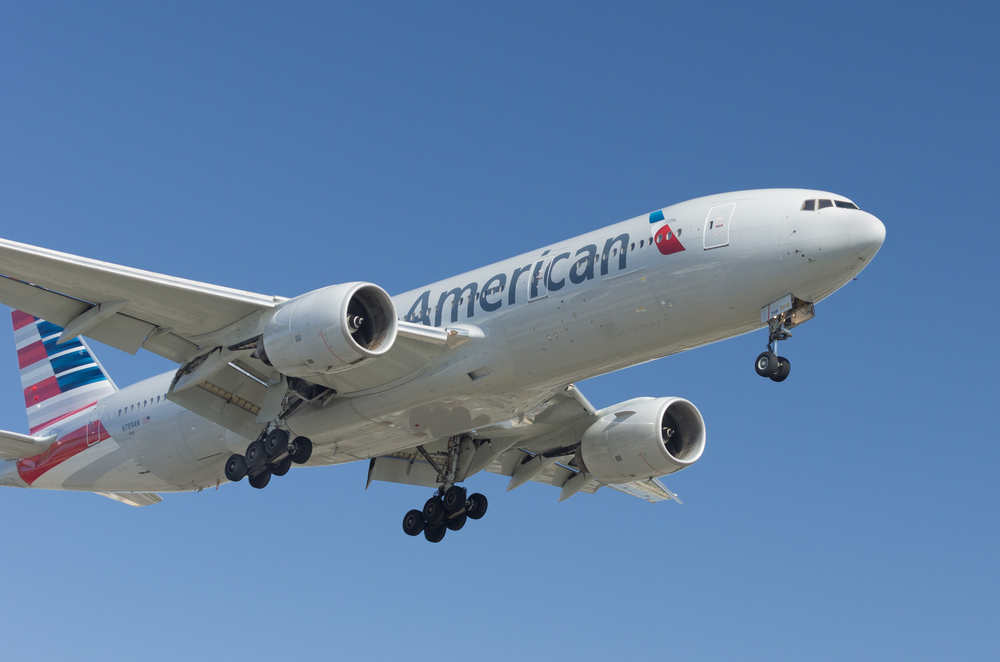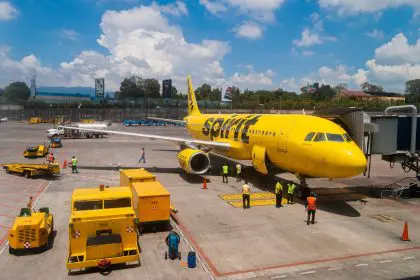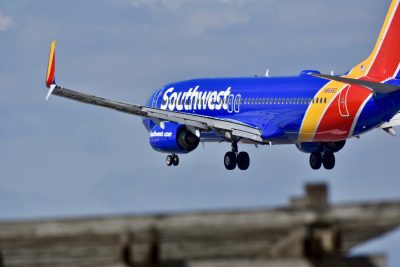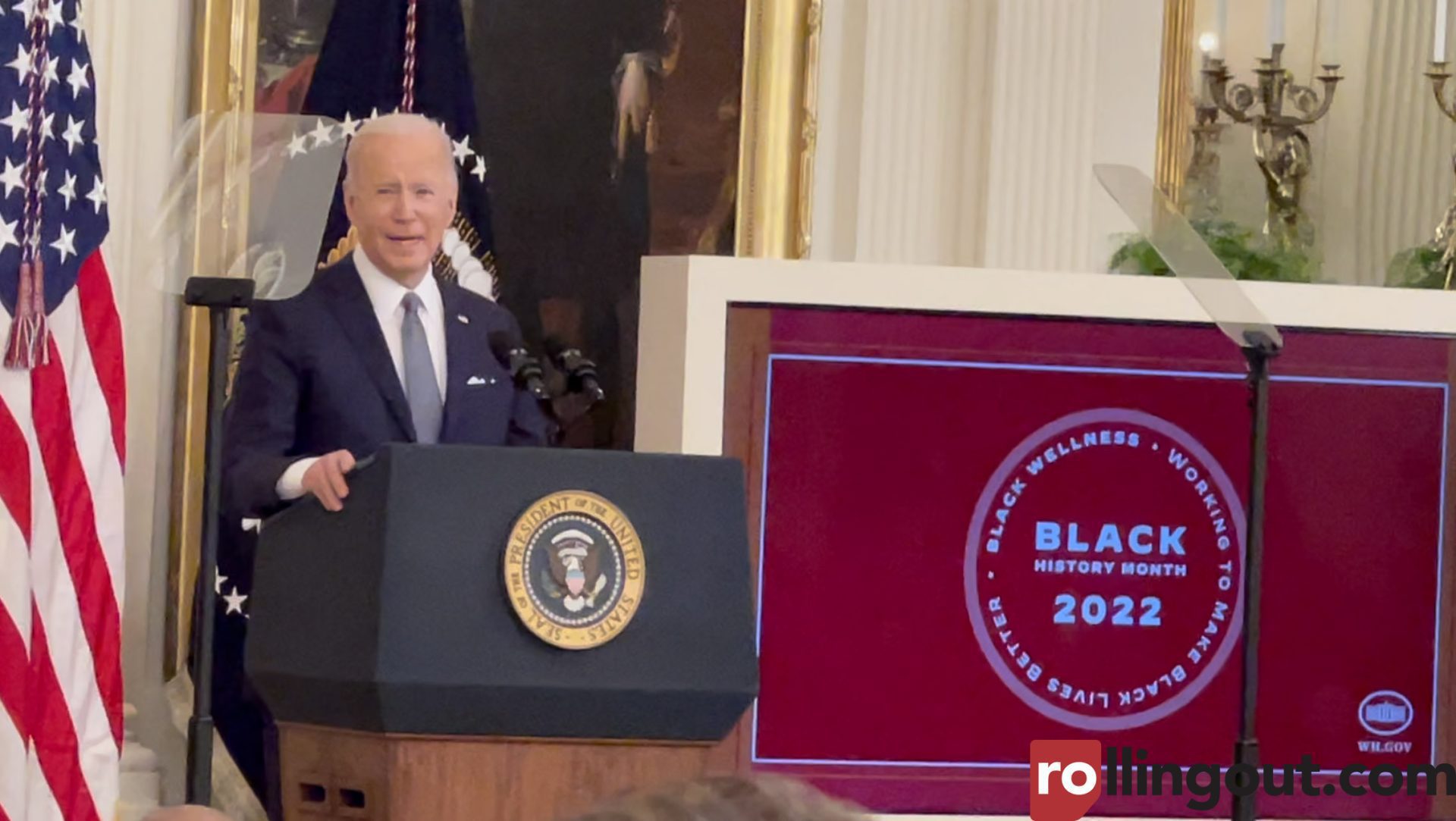In the wake of the COVID-19 pandemic and various operational challenges, airlines have faced a multitude of hurdles. Among these, American Airlines has recently made headlines by successfully negotiating new contracts for its flight attendants, a move that could significantly impact both the airline’s employees and its passengers. This article explores the details of these new contracts and their potential implications for travelers.
Background on Negotiations
American Airlines flight attendants have been engaged in contract negotiations since 2019. These discussions were initially delayed due to the COVID-19 pandemic, which disrupted many industries worldwide. However, negotiations resumed in Aug. 2021, as reported by The Dallas Morning News. After years of discussions, the flight attendants, represented by the Association of Professional Flight Attendants, have finally ratified a new agreement that promises substantial improvements in their working conditions and compensation.
Details of the New Contract
The newly ratified contract is a five-year agreement that adds a remarkable $4.2 billion to the current contract. This includes immediate wage increases for the nearly 28K flight attendants employed by American Airlines. One of the most significant changes is the introduction of a “sit rig” compensation, which ensures that flight attendants are paid for their responsibilities during boarding and between flights—an area that has historically been a point of contention.
In addition to better pay, the new contract also addresses various work rules, scheduling, and rescheduling policies. These improvements are designed to enhance the overall working environment for flight attendants, making their jobs more manageable and less stressful.
Implications for Travelers
The enhancements in the flight attendants’ contracts will likely usher in a new era for the travel industry. Flight attendants are expected to experience increased job satisfaction with better pay and improved working conditions. This, in turn, may lead to enhanced service quality for travelers. Happy employees often translate to better customer service, which is crucial in the airline industry.
Moreover, the new contract reduces the likelihood of strikes, which have become increasingly common in various sectors, including airlines. Ensuring stable working conditions means that travelers can enjoy a more worry-free travel experience, knowing that the chances of service disruptions due to labor disputes are diminished.
The recent contract negotiations between American Airlines and its flight attendants represent a significant step forward for employees and travelers. With a focus on fair compensation and improved working conditions, the airline sets a new industry standard. As travelers, we can look forward to a more pleasant flying experience, thanks to the dedication and hard work of flight attendants who are now better supported in their roles.
The new contracts benefit the flight attendants and promise to enhance the overall travel experience for passengers. As the airline industry continues to recover and adapt post-pandemic, these developments are a positive sign for all involved.
History of Unity Among Flight Attendants at American Airlines
The history of unions for American Airlines flight attendants dates back to 1973, when the Association of Professional Flight Attendants (APFA) was founded to represent their interests. Initially, American Airlines flight attendants were part of the Transport Workers Union (TWU), but dissatisfaction with representation led to the formation of a dedicated union. The APFA became the exclusive bargaining agent for American Airlines flight attendants in 1977, advocating for better wages, working conditions, and benefits.
Over the years, the union has played a crucial role in negotiating labor contracts, protecting jobs during mergers, and addressing issues such as safety regulations, health benefits, and pension rights. The APFA has been at the forefront of several strikes and legal battles, including during the airline’s bankruptcy in 2011, where the union fought to protect flight attendants’ rights.
Today, APFA continues to represent over 27,000 American Airlines flight attendants, ensuring fair treatment and working conditions in a constantly evolving industry.

















